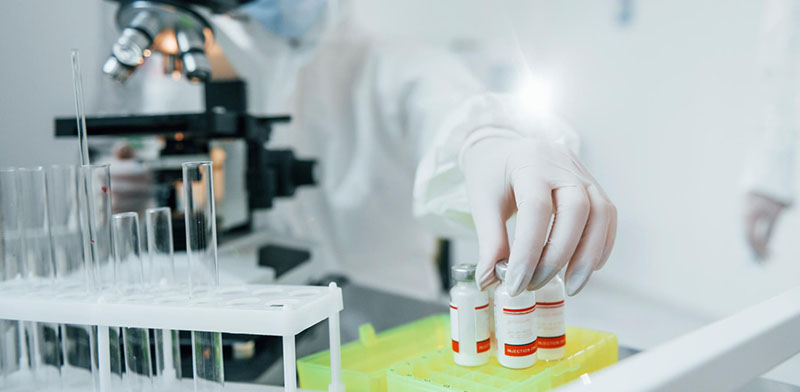
Common Regulatory Challenges in the Biopharmaceutical Industry
The biopharmaceutical industry is a dynamic and highly regulated field that plays a crucial role in the development and production of innovative drugs and therapies to address a wide range of medical conditions. However, this sector faces a number of regulatory challenges that can affect its ability to bring new products to market efficiently and safely. In this article, we will explore some of the most common regulatory challenges facing the biopharmaceutical industry and how these companies can address them.

1. Registration and Approval Requirements:
One of the major challenges for biopharmaceutical companies is meeting extensive registration and approval requirements before a new drug can be marketed. The processes for submitting marketing authorization applications can be complex and lengthy, involving the submission of clinical and preclinical data as well as product quality and safety testing. Additionally, variability in regulatory requirements across different countries and regions can further complicate this process.
2. Changes in Regulations and Guidelines:
Another significant challenge is staying up-to-date with changes in regulations and regulatory guidelines. Regulatory agencies, such as the Food and Drug Administration (FDA) in the United States and the European Medicines Agency (EMA) in the European Union, regularly update their requirements and approval processes to reflect scientific advances and best practices in drug safety and efficacy. Biopharmaceutical companies must stay vigilant to these changes and adjust their development and compliance strategies accordingly.
3. Good Manufacturing Practice (GMP) Compliance:
Compliance with Good Manufacturing Practice (GMP) is critical to ensuring the quality and safety of biopharmaceutical products. Companies must maintain manufacturing facilities that comply with the strict GMP standards set forth by regulatory agencies. This includes quality control at all stages of production, from raw materials to finished product, as well as the implementation of robust quality management systems.

4. Supply Chain Management:
Effective supply chain management is another key challenge for biopharmaceutical companies, especially for biologics and advanced therapies that may have special storage and distribution requirements. Ensuring the integrity and traceability of products throughout the entire supply chain, from manufacturing to delivery to the patient, is essential for meeting regulatory requirements and ensuring product quality and safety.
5. Changes in the Global Regulatory Environment:
The global regulatory environment is constantly evolving, with changes in policies and regulations that can have a significant impact on the biopharmaceutical industry. For example, the emergence of new technologies such as gene therapy and cell therapy poses unique regulatory challenges that require innovative approaches from regulatory agencies and industry stakeholders.
In conclusion, the biopharmaceutical industry faces a number of regulatory challenges that can affect its ability to innovate and bring new products to market. However, with a solid understanding of regulatory requirements and a proactive approach to addressing these challenges, biopharmaceutical companies can overcome these obstacles and continue to provide innovative, high-quality treatments to improve the health and well-being of people around the world.
Simplify your path to Regulatory Affairs with Pro Pharma Research Organization!
We offer:
- Development of Regulatory Strategies
- Regulatory Submissions
- Design and Compliance of Clinical Trials
Among other services.
Trust our experience to accelerate your success in the biopharmaceutical industry. Contact us today to get started!
Publication date: May 2024
Author: Pro Pharma Research Organization Team